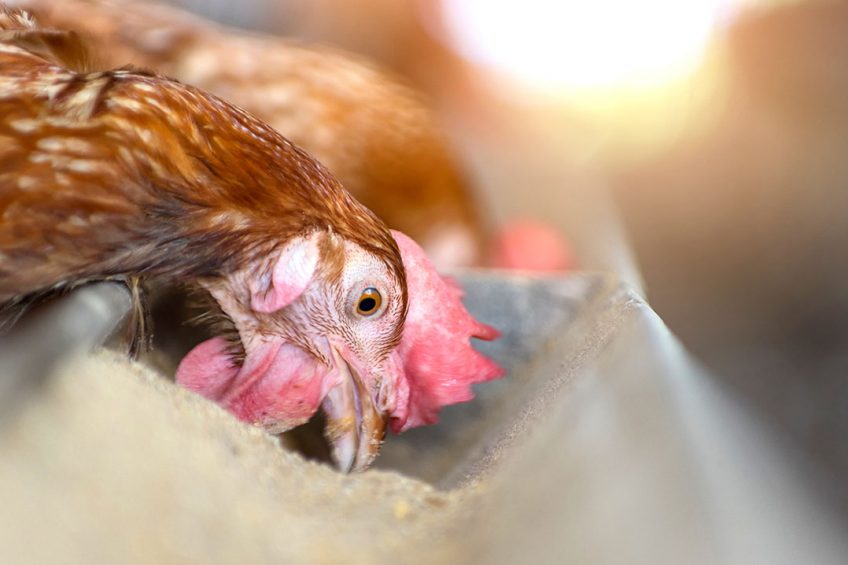How microbes can boost the poultry industry

Scientists in Europe are investigating how microorganisms and animals interact, hoping that microbes will help the poultry sector develop more effective products for their birds.
Although probiotics, which contain microbes, and prebiotics, which encourage the growth of microbes in animals’ guts, are already used in the poultry industry to optimise animal health and growth, there is limited understanding of how they interact.
Previously developed feed additives have not acknowledged the specific means of action of the additives on the microbiome and host organisms, and consequently:
• Their performance is inconsistent across animals with different genetic background and when grown under different environments
• Improvement of feed additives is inefficient and costly
• Optimal solutions are unlikely to be found without taking a more holistic approach
Microbes, effective products
Scientists at the University of Copenhagen have launched a project called HoloFood, which aims to strengthen the evidence surrounding microbes and how they interact with animals, and help companies develop more effective products.
The four year, €10m European Union funded project also involves research institutes in Spain, Norway, Germany and Poland.
Dr Antton Alberdi, assistant professor at the university and HoloFood scientific manager, said microbes had real potential for farmers who wanted to produce healthier and more efficient chickens.
“It’s quite unbelievable but… the way probiotics and prebiotics are discovered is by trial and error. Someone will say, “this microbial strain looks really good, so let’s try giving it on 10,000 chickens. Usually, there is no tracking what happens inside the animal.”
HoloFood showcases a holistic approach that will improve the efficiency of food production systems by deciphering the molecular and physiological processed triggered by feed additives across animals with different genetic background and grown under different environments.
The scientists are using two critically important farmed animal systems as models – chicken and salmon – and will characterise not only their associated microorganisms’ genomes, transcriptomes and metabolomes but also how the microbiome interacts.
Knowledge generated will be used to optimise feed additive administration strategies of already implemented products by tailoring them to the genetic background and developmental stage of the animals as well as production environment, to improve the quantity, quality and safety of the produced food, as well as sustainability of food production and animal welfare.
Eventually, companies could make more targeted products for farmed animals that use microbes to improve the ratio of muscle to fat, make animals less stressed and stop them from getting infections.
That is key for HoloFood leader and professor of palaeogenomics at Copenhagen University Professor Tom Gilbert, who said that if farmed animals needed fewer resources, such as food, antibiotics and other inputs and there is less waste caused by disease, it will decrease pressure on the environment.
“It is about meeting the need for cheap protein in a way that’s environmentally responsible. The more efficient the food conversion…. The less polluting it is.”
The funding has come through the European Commission’s Horizon 2020 programme and the project is due to finish on 31 December 2022.












